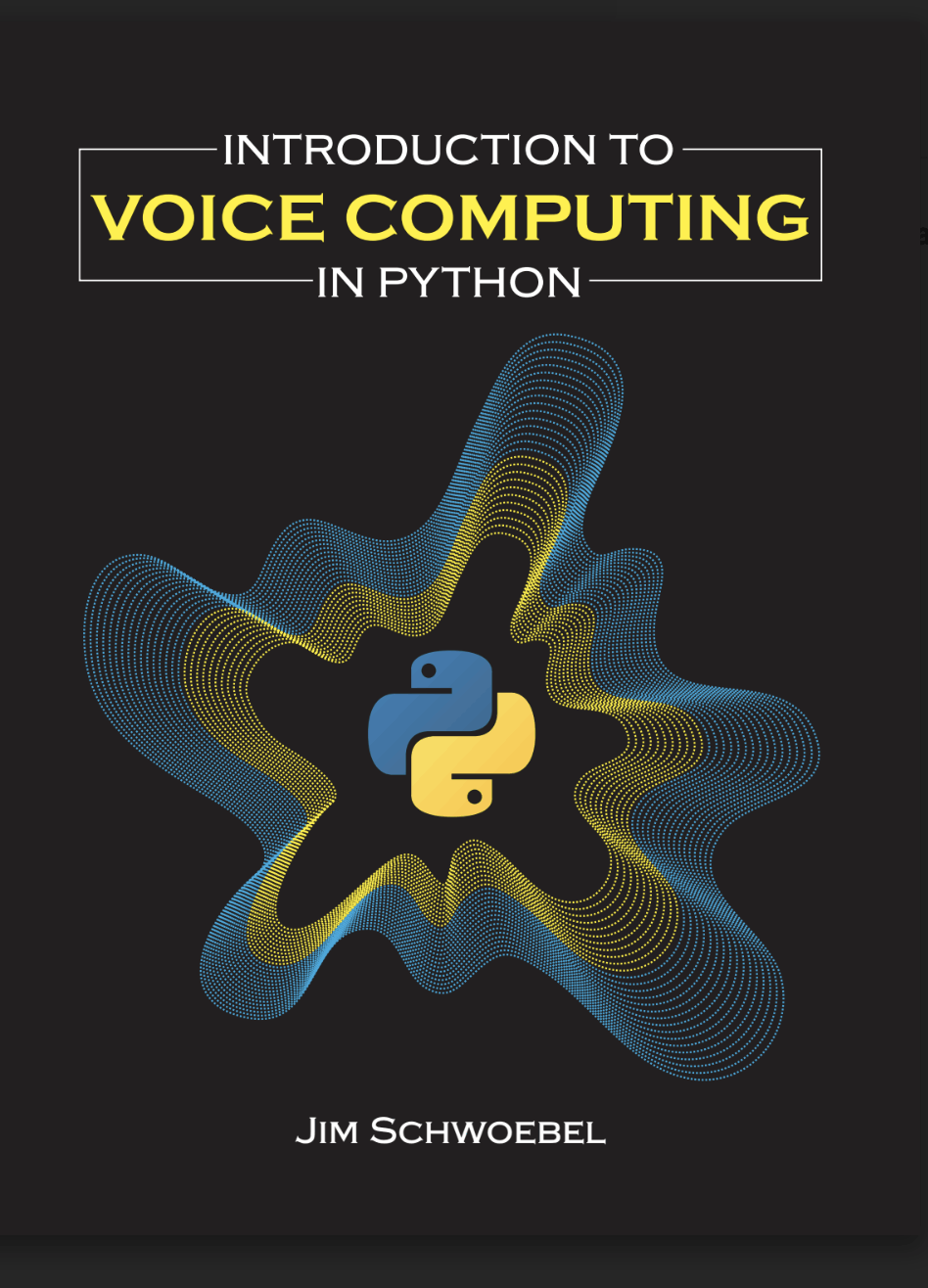Why buy this book?
You will be able build voice applications faster.
20+ Python libraries
Applies >20 Python libraries to help you solve voice-related problems faster.
10+ training datasets
Get access to training voice datasets like the Common Voice Project or AudioSet.

200+ starter scripts
Over 200 scripts are provided on GitHub to get you up-and-running quickly.
Lasting community
Become involved in the larger open source voice community, 45,000+ people and counting.




Share this page!